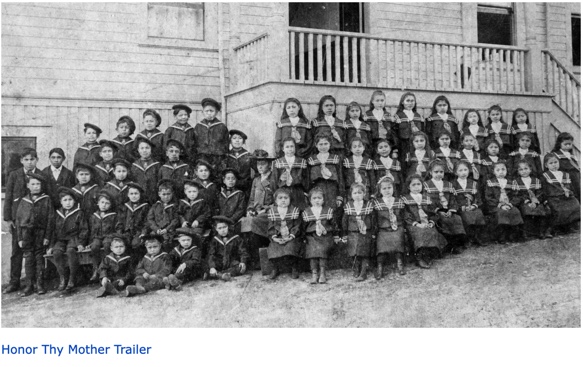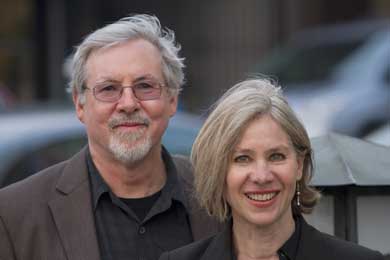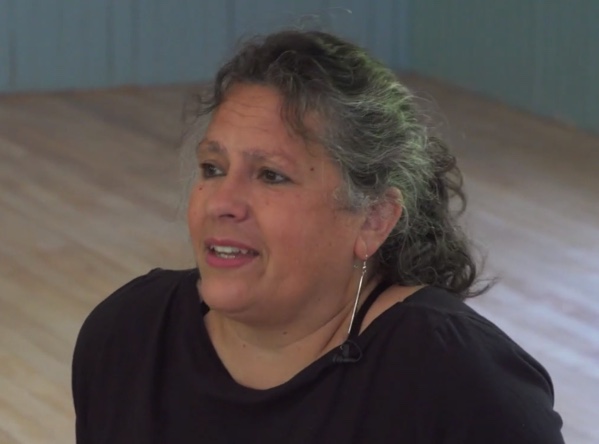On October 11th I had the great fortune to watch the beautiful and moving documentary Honor Thy Mother by Stourwater Pictures, directed by Lucy Ostrander, shot and edited by Don Sellers.
The film, made in cooperation with Gina Corpuz and the Indipino community, was to present the history of 36 Aboriginal women from Canada and Indigenous women from tribes in Washington and Alaska. These women were recruited by Filipino immigrants who worked for Japanese American farmers on Bainbridge Island, to pick strawberries in the early 1940s.

As a result of the 1876 Canadian Indian Act, many of these women had been taken from their families at the age of five and placed into Indian Residential Schools. These schools were run primarily by the Catholic, Anglican and Presbyterian Churches in order to mainstream the children into Canadian society. Known for their lack of sensitivity, and abuse, the schools failed to provide a well-rounded education to the children. Children were punished for speaking their Native languages and practicing their traditional cultures and the trauma that these children endured was passed onto their children which is still evident today.
Working on the farms, many of the young women fell in love with the Filipino farmhands, and marriages between the two cultures were a result. On Bainbridge, as in Canada, Indigenous culture was not respected by many. Hence additional oppression came to the women who now became Island mothers. The film traces their histories, speaks of their struggles and of their personal journeys in the face of discrimination. It also illustrates the origins of their children who as they started to reach adulthood and were looking for an identity started to call themselves Indipinos. It is a difficult history of racial discrimination compounded by poverty that the families endured and are still recovering from.

Pamela Lee: Lucy, you and Don have made several films about Bainbridge Island’s cultural heritage. What impact did this film have on your cultural understanding about Bainbridge Island? What dimension did it add?
Lucy Ostrander: Yes, Don and I have made films about the cultural history of the Bainbridge Island Japanese American and Filipino American communities. I had learned a bit about the Indipino community when we made “Island Roots” for IslandWood about the Bainbridge Island Filipino American community.
However, it wasn’t until making “Honor Thy Mother” that I really began to learn about the history of the Indipino community, their mothers and the intergenerational trauma that they have endured as well as their relationship with the Filipino American community.
PM: What impact did this film have for you personally? How did it make you feel?
LO: As a documentary filmmaker I’ve had the privilege of learning about subjects and history that are often not available by just reading books or learning about in any other way unless you’re able to talk to the people you’re making the film about. It was an honor for me to be able to learn firsthand about the Indipino community by being able to interview them on camera and hear their stories of their childhoods and their relationships with their mothers. Some of them had never openly talked about the topic before, and I think this film gave them that opportunity.
PM: When listening to the interviews, what did you hear that helped you to fulfill the mission presented to you.
LO: Listening to the interviews was powerful. It opened my eyes to this untold and important history on Bainbridge that not only I was not aware of, but I think most Bainbridge Islanders were not aware of and needed to be told. They were very personal and intimate stories of what it was like growing up on Bainbridge in the 1950s and 60s. Children who were told not to identify as Indigenous and were subject to a racist environment in the schools and in the community. The interviews also revealed the trauma that their mothers grew up within the Indian residential schools that I knew nothing about until hearing these stories and then began to read as much as I could about the history of the schools and the 1876 Canadian Indian Act.
PM: What were some of the challenges that you faced creating this film? What was hard to describe about this story?
LO: One of the challenges in making this film when we did was COVID. We had initially thought about doing some filming in British Columbia but were not able to do that. We were, however, fortunate that we had completed the interviews as well as the drum-making workshop and Indigenous Peoples Day event in the fall of 2019. When making historical documentaries, you always want to have good archival photos and footage and that was a challenge. While the Indipino community and the Bainbridge Island Historical Museum provided many of the still photos we used, we would have liked to have had more, but this a challenge that is often the case.
PM: What are your hopes for the film and for those who watch it?
LO: We hope that this film will reach a broad audience who will learn about this important and untold part of Bainbridge Island history as well as the history of the Indian Residential Schools.
Hopefully this film will help the Indipino Community understand the significance and historical meaning of their cultural identity. To look beyond the oppression, and bear witness to the tremendous strength of these mothers, and to inspire all that have dealt with difficult histories to hold on to who they are. It is time to listen. It is time to rebuild.
NEWS & ACCOLADES FOR HONOR THY MOTHER:

Stourwater Pictures is proud to announce that Honor Thy Mother won Best Feature Documentary and also Audience Choice Award for Feature Documentary at the West Sound Film Festival and the Special Jury Award for Indigenous Short at the Bend Film Festival. Honor Thy Mother has also won the 2021 Friday Harbor Film Festival Short Film Audience Choice Award.
Honor Thy Mother has been selected to screen at the American Indian Film Festival on November 5th. Click here for more info.
The Edmonds Diversity Film Series will screen Honor Thy Mother on Saturday, November 20th at noon at the Edmonds Theater, 415 Main St., Edmonds, WA. The event is free and open to the public. Click here for more info.

ABOUT PAMELA DHARAMSEY LEE. Pamela is an Interdisciplinary Artist, who has been working with Arts & Humanities Bainbridge since 2004. Through her company, Ox + Dragon, she has been presenting Arts Education Programs, performances and exhibitions in the Seattle Area. She is now AHB’s Arts & Education Manager.